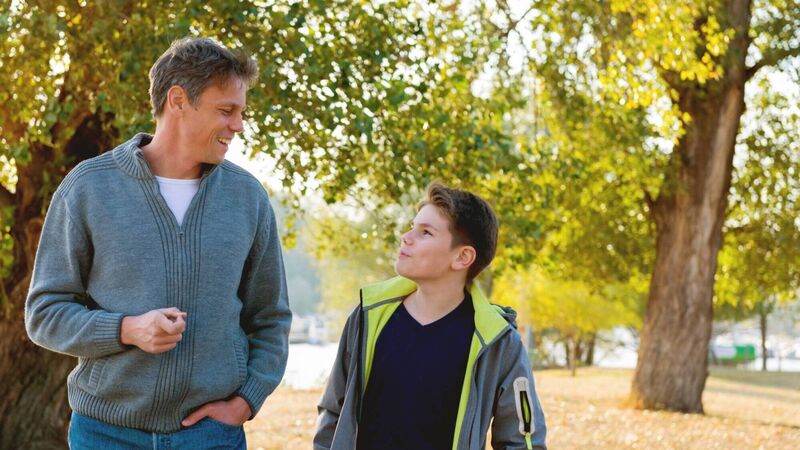Having 'the talk': How to discuss sex, relationships and sexual consent with your child

Many parents have gotten better at giving their teens ‘the sex talk’, but there are many who find it hard to initiate such a talk
Try from €1.50 / week
SUBSCRIBECaitriona Freir recently watched Stranger Things with her 16-year-old son.
The mum-of-two often uses movies and TV drama to spark conversations with her teen children about what healthy relationships look like.
Already a subscriber? Sign in
You have reached your article limit.
Annual €130 €80
Best value
Monthly €12€6 / month
Introductory offers for new customers. Annual billed once for first year. Renews at €130. Monthly initial discount (first 3 months) billed monthly, then €12 a month. Ts&Cs apply.
CONNECT WITH US TODAY
Be the first to know the latest news and updates
Newsletter
The best food, health, entertainment and lifestyle content from the Irish Examiner, direct to your inbox.
© Examiner Echo Group Limited